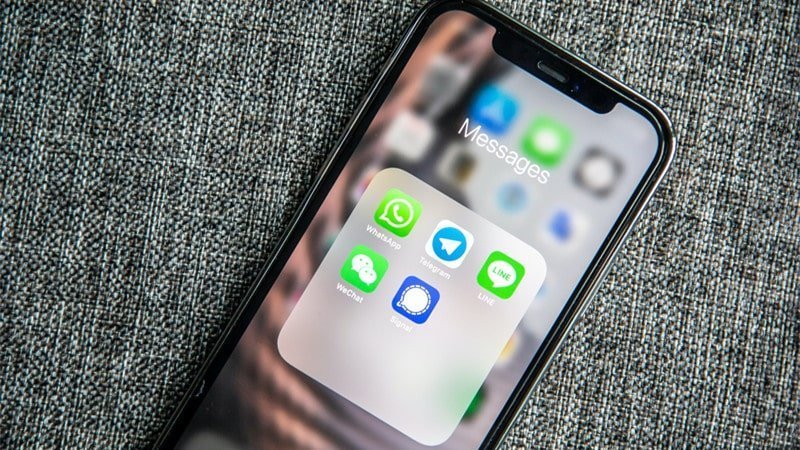As a student, finding time to relax and enjoy yourself might seem like a puzzle where the pieces don’t quite fit. However, weaving in moments of leisure amidst a jam-packed schedule is not only possible, it’s essential for mental health and academic success. The pursuit of an education is a journey that demands both rigorous study and moments of respite.
In this article, we explore ways to seamlessly integrate free time into your academic routine to ensure you come out ahead both intellectually and emotionally. Keep reading for insights on balancing study with the rejuvenating breaks you deserve.
Discovering the Perfect Balance Between Study and Leisure
Finding an equilibrium between hitting the books and taking time off can feel daunting, but it’s a critical skill for academic and personal development. Begin by assessing how much study time you truly need, and be honest about potential time-wasters in your schedule. From there, work to structure your days with designated periods for breaks, allowing for both planned and spontaneous leisure activities.
A key strategy in achieving this balance is setting clear priorities. It can be useful to categorize tasks by urgency and importance, dedicating appropriate time slots for each. Sometimes, intense study sessions can be punctuated with brief moments of rest. Playing free sweeps casinos, for instance, can serve as a fun and quick distraction. Casino-style games are a great way to take breaks from studying.
Integrating Mindfulness Practices to Rejuvenate During Breaks
Mindfulness is a mighty tool for students seeking to destress during their study breaks. Engaging in mindfulness practices facilitates a mental reset that can drastically reduce anxiety levels and increase concentration upon returning to academic tasks. Simple breathing exercises or a few minutes of guided meditation can realign your focus and dissipate any built-up tension.
Incorporating mindfulness doesn’t require substantial changes to your routine; it can be as simple as paying full attention to a cup of tea as you drink it or observing your thoughts without judgment for a few moments. Mindfulness can be practiced anywhere and needs very little to get started – just a willingness to be present.
Apps and online platforms now offer a plethora of resources for those new to mindfulness, making it easier than ever to find guided sessions that can fit into any schedule. For instance, students pursuing a master’s degree, such as those enrolled in an online MS in Medical Laboratory Science Leadership, can supplement their study routines with short mindfulness exercises for a balanced approach to their busy academic lives.
Embracing Short Breaks for Long-Term Productivity
Academic rigor can often lead to the neglect of well-deserved breaks. Yet, those short pauses are vital to maintain a steady level of productivity. Studies have shown that taking regular breaks can refresh the mind and enhance focus. Implement a study technique that incorporates brief intermissions, like the Pomodoro Technique, which advocates for a break after every 25-minute work period.
During these intermissions, engage in activities that are entirely unrelated to your studies. Go for a walk, meditate, or simply step away from your desk and indulge in a different setting. Such physical and mental separation from your work can lead to new insights and renewed vigor once you return to your tasks.
Importantly, use your breaks to avoid screen time. The temptation to check social media or emails can be strong, but it rarely equates to true relaxation. Instead, try activities that rejuvenate your senses and invite calm, such as listening to music or preparing a healthy snack. This strategy helps you to avoid the fatigue that comes with prolonged screen exposure.
Harnessing the Power of Hobbies to Enhance Free Time
Free time serves as the perfect opportunity to delve into hobbies that provide a contrast to academic endeavors. Whether it’s creative writing, painting, or playing an instrument, hobbies offer a gratifying outlet for self-expression and stress relief. They can provide a sense of achievement that is separate from academic grades or accolades, contributing to a more rounded sense of self-worth.
Engaging regularly in a hobby can also cultivate skills that indirectly benefit academic performance. For instance, playing chess can enhance your strategic thinking, while baking can refine your ability to follow complex instructions. Hobbies encourage learning in an environment free of pressure, allowing students to absorb new concepts with ease and enjoyment.
Altogether, the art of harmonizing intense study schedules with meaningful leisure time is crucial for any student’s success and well-being. Through mindful planning, embracing hobbies, and short, rejuvenating breaks, you can enrich your academic life with the balance it deserves. Overall, it’s about recognizing that your free time is as valuable as your study time – both are integral to building a fulfilling and sustainable educational experience.




